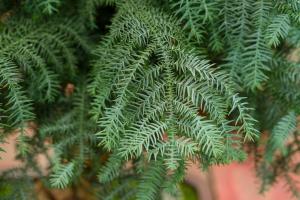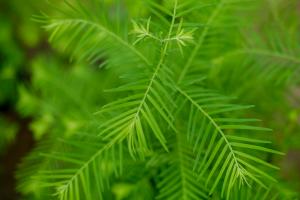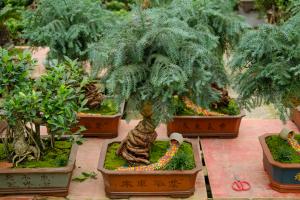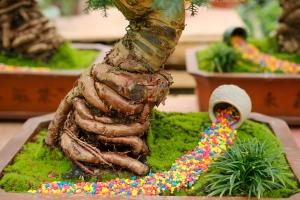1、 Breeding environment
1. Soil: it is best to use acid soil with loose texture and good air permeability for water Chinese fir bonsai
2. Light: it likes to grow in an environment with sufficient light. During maintenance, it's best to put it outdoors to receive sufficient light. In winter, it can also be placed on the balcony to receive light. It's best not to put it outdoors. In winter, the outdoor temperature is low to avoid freezing damage
3. Temperature: it likes to grow in a warm growth environment. The minimum temperature in winter cannot be lower than - 8 ℃, and the maximum temperature in summer cannot be higher than 24 ℃. If the temperature is too high, it is necessary to adjust the temperature in time to give it a suitable growth environment
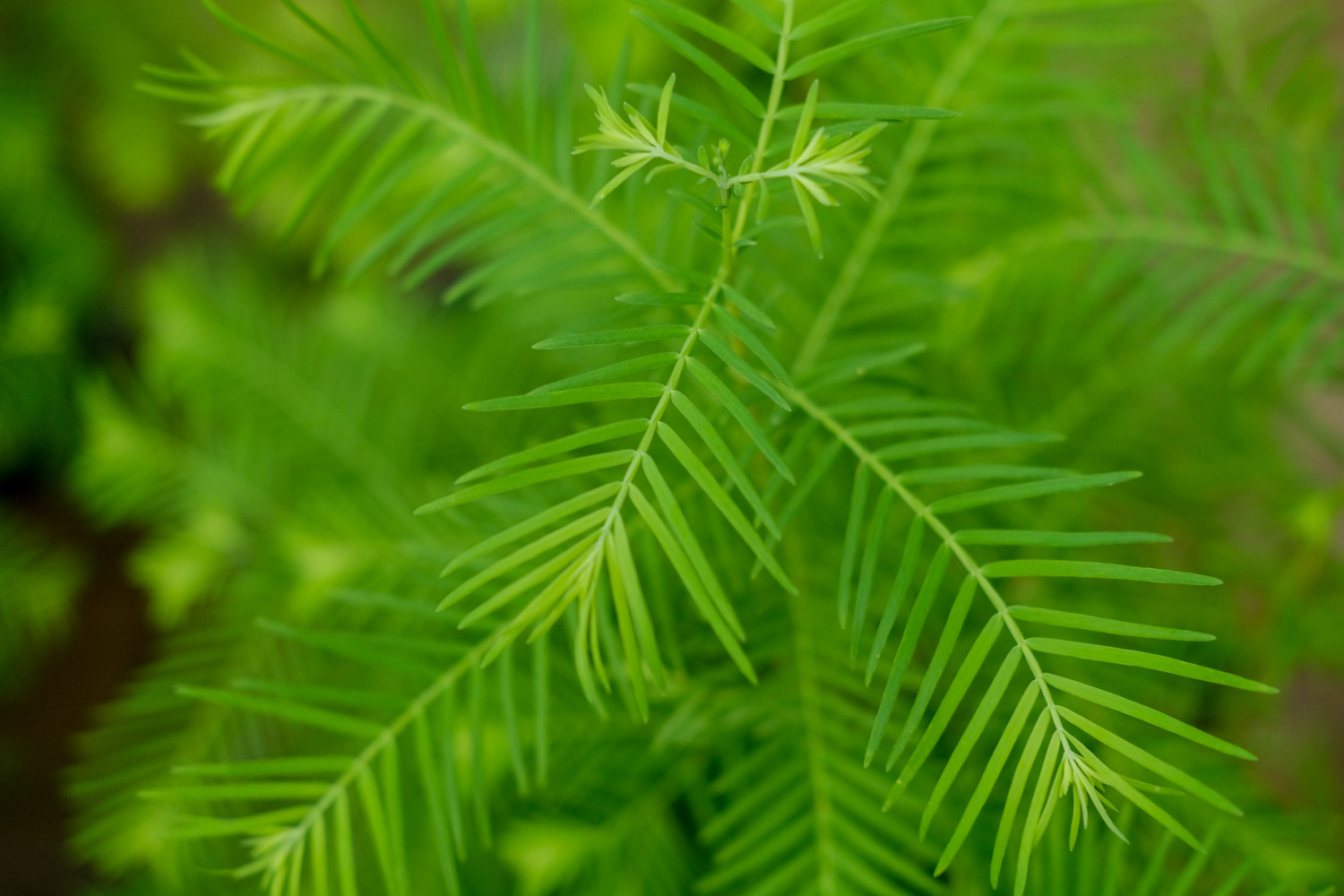
2、 Breeding method
Cutting propagation: softwood or hardwood can be used for cutting. It is best to use annual lateral branches for cutting in spring. Cutting should be carried out before the germination of Cunninghamia lanceolata. Softwood should be carried out from June to July. After cutting, the soil should be moist and properly ventilated
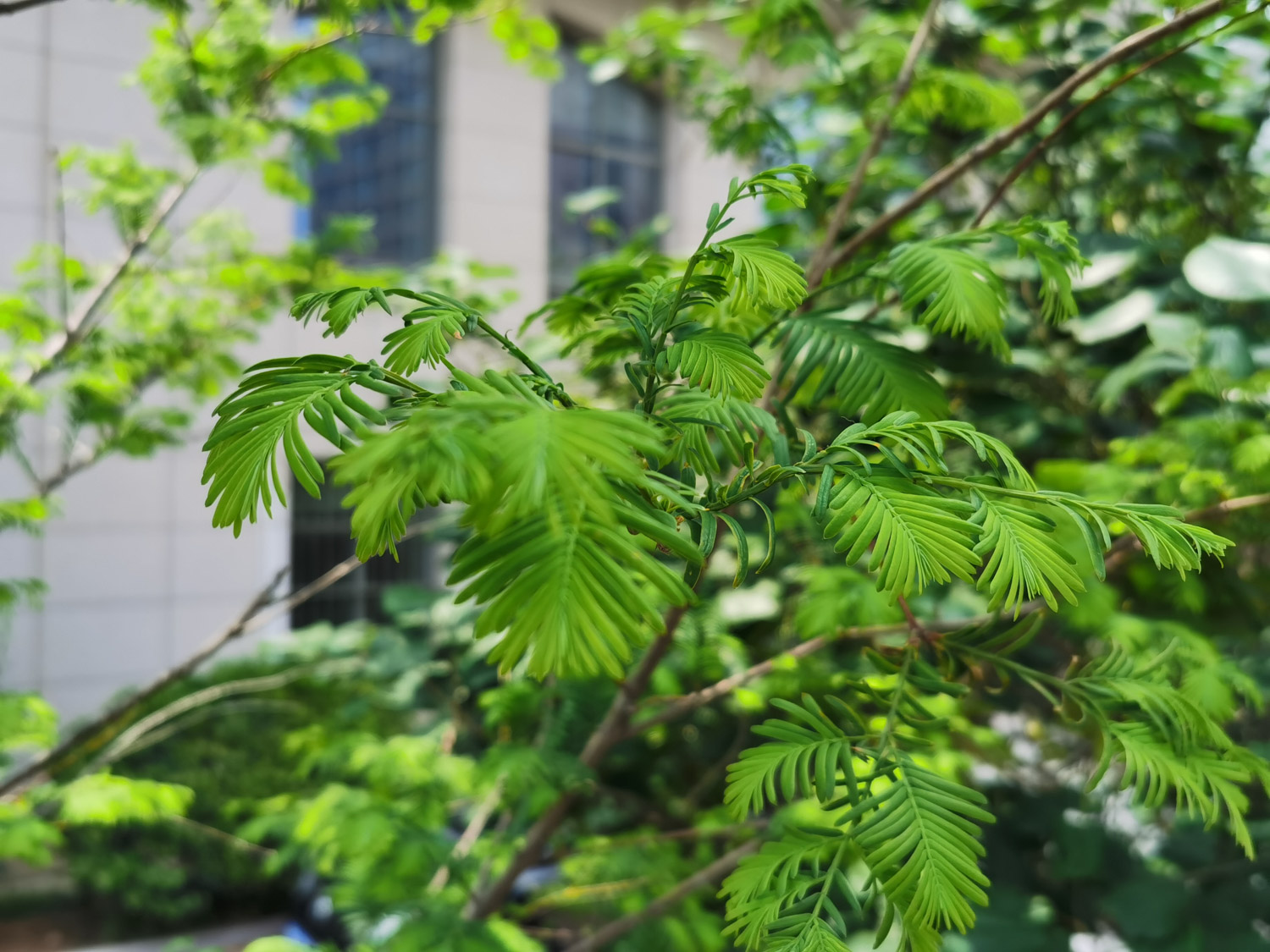
3、 Common diseases and insect pests
The bonsai of Cunninghamia lanceolata is often invaded by red blight, which will harm the branches and leaves in the early stage of the disease, and may lead to plant death in serious cases. After suffering from the disease, the diseased branches and leaves should be removed and burned in time, with proper ventilation, phosphorus and potassium fertilizer can be increased, so as to improve its disease resistance, and carbendazim or rujunte wettable powder can be used for spraying control
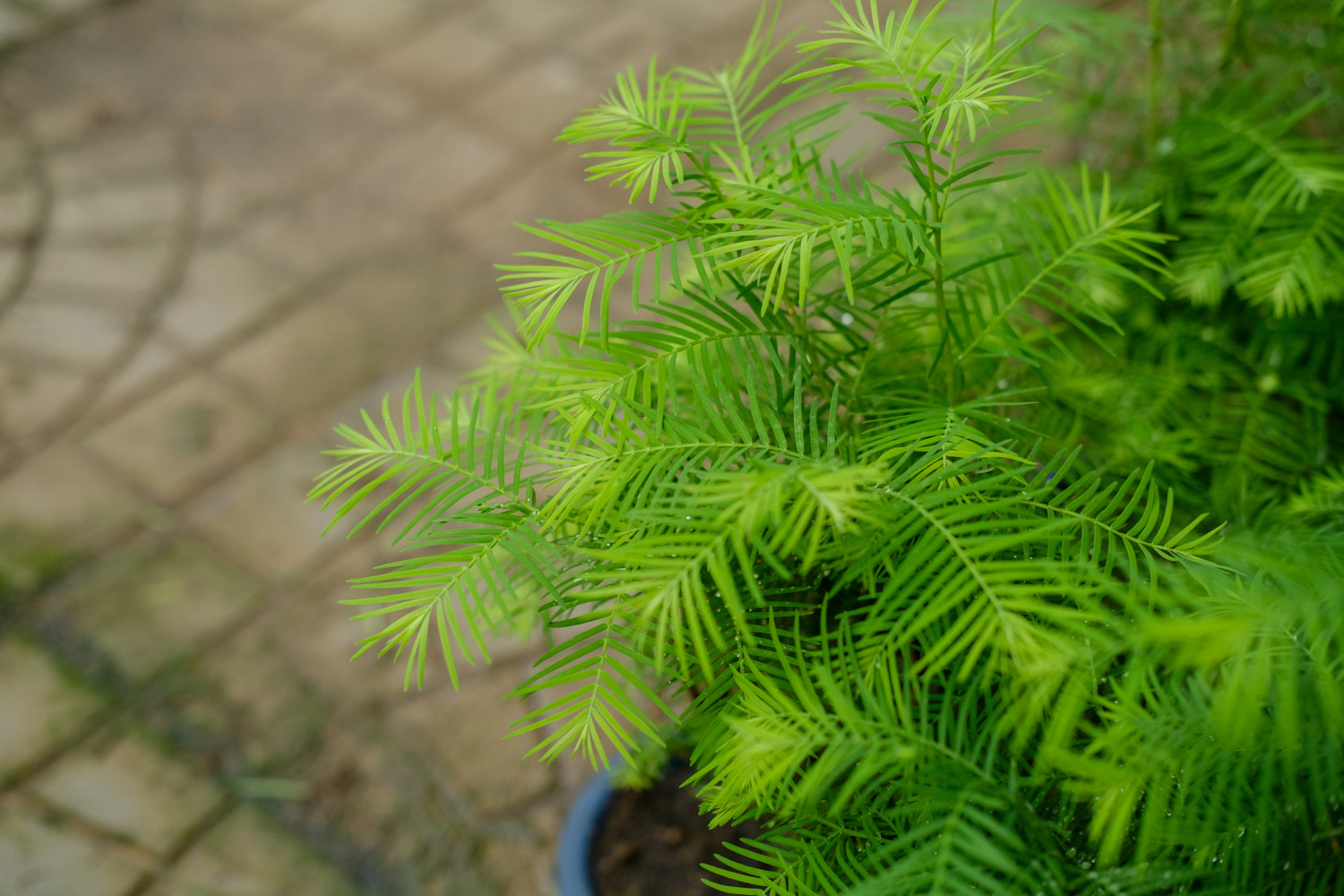

 how many times do yo...
how many times do yo... how many planted tre...
how many planted tre... how many pine trees ...
how many pine trees ... how many pecan trees...
how many pecan trees... how many plants comp...
how many plants comp... how many plants can ...
how many plants can ... how many plants and ...
how many plants and ... how many pepper plan...
how many pepper plan...
